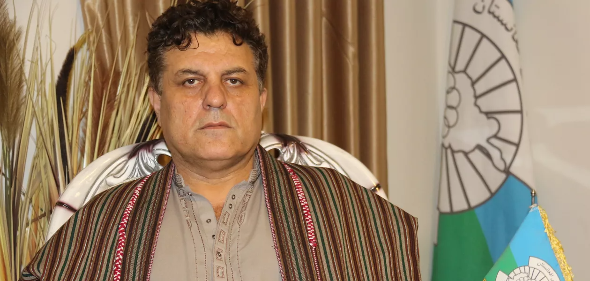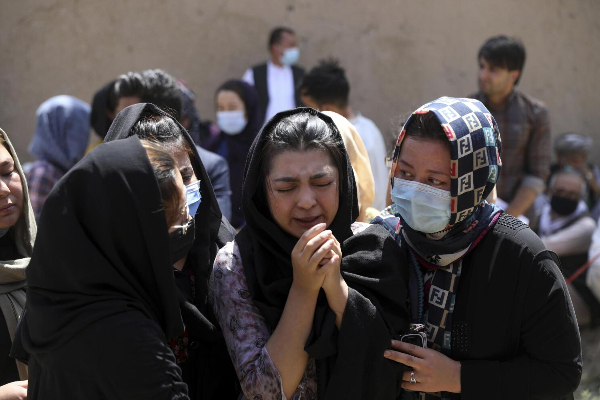An audit by the US State Departmentís Office of Inspector General (IG) found $8.4 million was spent on meals that were not needed at the US Embassy in Kabul last year.

In a report released on Tuesday, the IG stated "the number of meals estimated in the task order for option year 4 (2019) was higher than it should have been, resulting in the Department paying almost $8.4 million for meals it did not need and that were not provided."
Poor oversight by US company DynCorp International, which has the contract to provide meals, security and other services to the US Embassy in Kabul, cost the State Department millions more than necessary, the report stated.
The IG also stated that because of poor record keeping the US canít recover the $8.4 million paid for the meals and also canít be sure DynCorp followed the terms of its contract.
The State Department has paid DynCorp about $353 million since 2015 to provide food, security, and medical and other services and as per contract stipulations, DynCorp was to provide three meals a day, seven days a week, at a rate of about $21 each to cafeterias at the US Embassy and other consular facilities, the audit said.
DynCorp receives a fixed amount to provide about 2.9 million meals each year but the actual number of meals needed has dropped over the past few years as Embassy staff levels steadily decreased.
However, a contracting officer last year based meals on 2016 personnel figures, the IG said.
"The Department did not consider the declining number of personnel living and working at the embassy compound and outlying US Government facilities," the report said.
In November, the State Department finally reduced the number of meals required, bringing down food costs by 29 percent. Had the change been made earlier, the Department could have saved $8.4 million in 2019, the report said.
The audit also found the State Departmentís contracting officers and representatives could not tell auditors how food quality standards were monitored, and said they lost their monthly oversight checklists during a computer upgrade.
DynCorp also could not provide 27 percent of the required documents checking sanitation, quality control and proof that goods had been received.
It also failed to develop a plan to reduce costs over time, as it had said it would when it secured the contract, the audit said.
LINK: https://www.ansarpress.com/english/20608
TAGS:






























 Ghani Removed From UN Heads of State List
Ghani Removed From UN Heads of State List 




